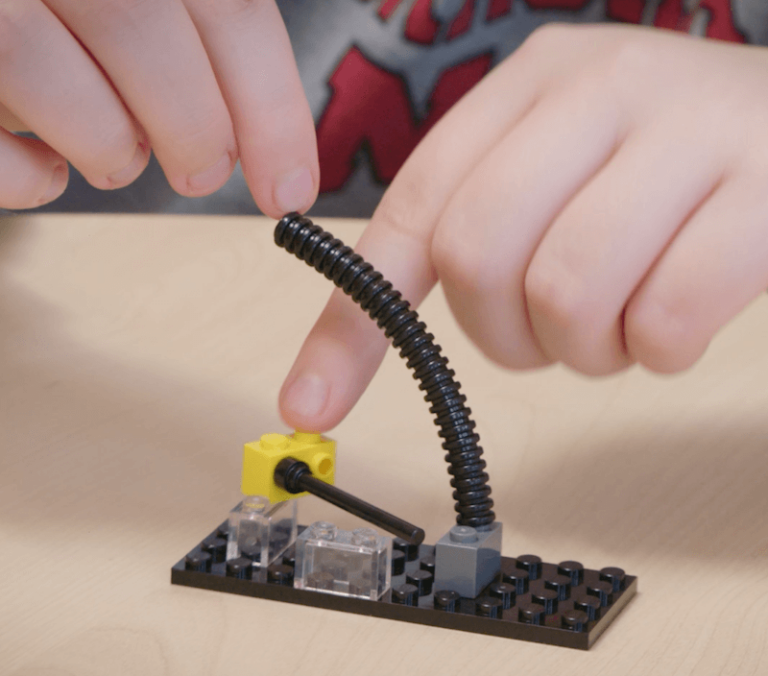Pedagogical Principles
In CollaboLearn, we have been curious about how we can embed special educational knowledge in the learning environments. The pedagogical principles therefore contain special pedagogical considerations such as preparation of the children, visualization, repetition, and involvement of the children. We have experience that the principles can be helpful in our professional preparation of play activities and reflection routines, and they become a way in which we can ensure participation opportunities for children with all kinds of social challenges.
#1: Motivation, meaning, and safety
We create opportunities for participation for all children through concrete and visual communication. It requires a short, precise, and motivating framework (e.g. through storytelling with a learning focus) that answers: What? Where? When? How? Why? In this way, we create a safe and meaningful learning space where predictability is embedded in the learning process itself. It is not free play but structured play in which everyone is free to contribute and we find the shared fun and meaning. The most important thing is that we create a sense of safety and meaning within the play before we get started, so that we have the best conditions to succeed.
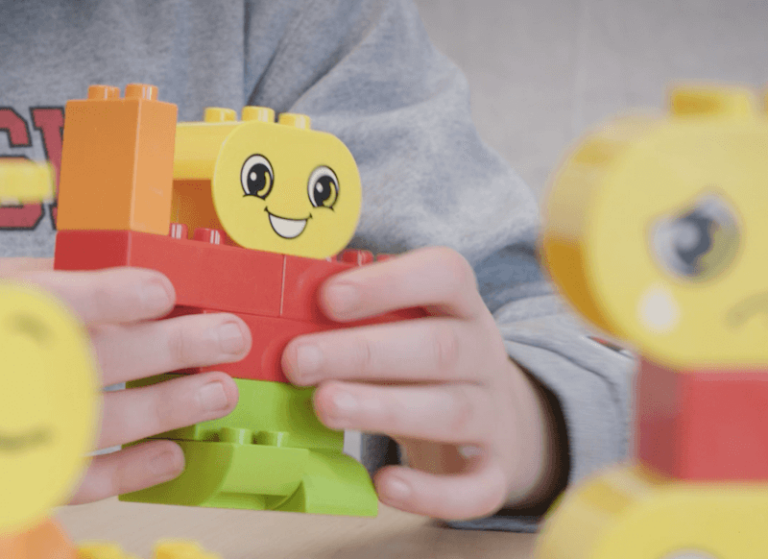
#2 Mutual dependence
The most important realizations and learning occur in dialogue, interaction, and collaboration. That is why we design the play activity so that a dependency on each other’s contribution is created. The children should thereby want to discover that it makes the most sense to collaborate – and in solo and parallel play, it is about creating small windows of interaction, e.g. that the children build an animal each which can be placed in a shared landscape. In this way, the motivation to participate in group learning and interaction increases. When the children are mutually dependent on each other, we not only create essential social experiences that can be made the subject of reflection but also relations and friendships.
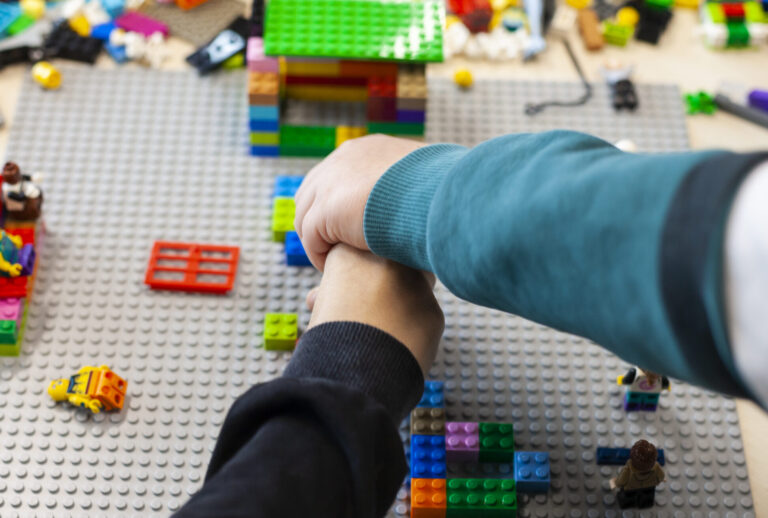
#3: Child-driven exploration
We create space for exploration so that the children can tinker with materials and their curiosity and initiatives can be pursued. In this way, playful and open-ended group learning occurs which leads to continuous negotiation, problem solving, and creative processes. In the spacious and inclusive learning environment, the activities can unfold in many ways because the materials are multifunctional, e.g. bricks, cardboard, play dough etc. Nothing is right or wrong. We consider mistakes as learnings that enrich the process and become a subject of curiosity. We learn and grow by exploring, making mistakes, and being imperfect together. This is how we create a learning environment in which there are high ceilings and room for letting the children explore.
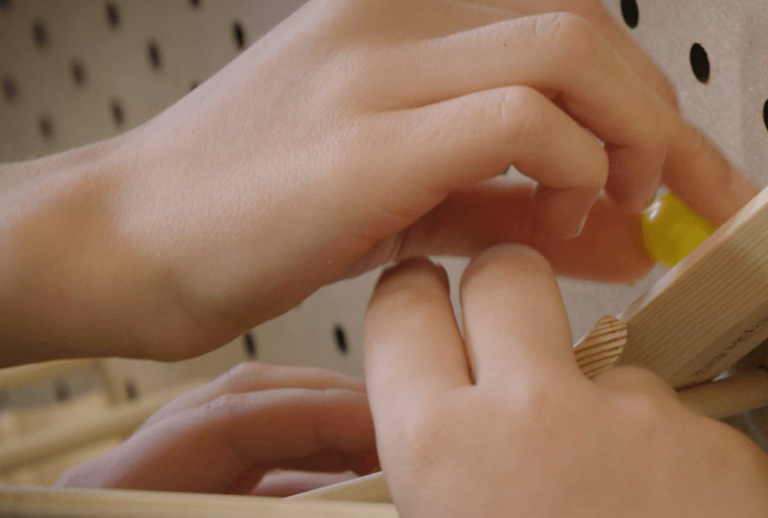
#4: Variation and challenges
To maintain motivation and engagement in the activity over time, we can design and use different challenges or obstacles in the activities so that they vary. Social challenges might be e.g. a secret mission where you are can only allowed to build with one arm each. Material challenges can be that a new material must be integrated into the construction. We can also make time challenges, e.g. give more or less time to build or come up with ideas. We can also create different variations in the activity through the materials, the narrative framework, or roles in the construction. In this way, we try to avoid the the activity becoming boring, so that we can continue and repeat the social learning. The children can also come up with ideas for new and fun challenges that they must solve or avoid during the play activity.
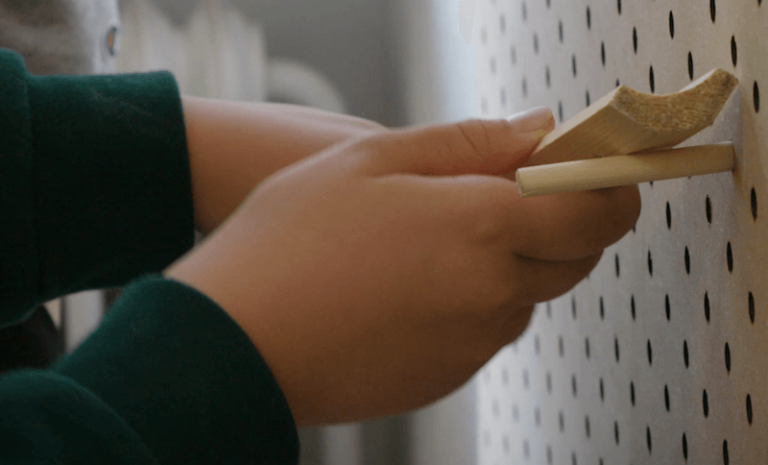
#5: Reflection through
object-mediated dialogue
By mediating the dialogue about social learning through objects, we can capture and share key learning points. We visualize the learning points from the children’s experiences through concrete objects with a co-created narrative, e.g. using metaphors and humor. In this way, we create a common third where the abstract (the social experiences and feelings) is made concrete. By being able to see and touch concrete objects, we maintain the children’s attention which improves their conditions for learning, and we ensure ownership and meaning in the learning, so that they can eventually transfer the learning to other contexts. Our reflection routines can be a help to start reflecting through objects together with the children and make their learning visible.
